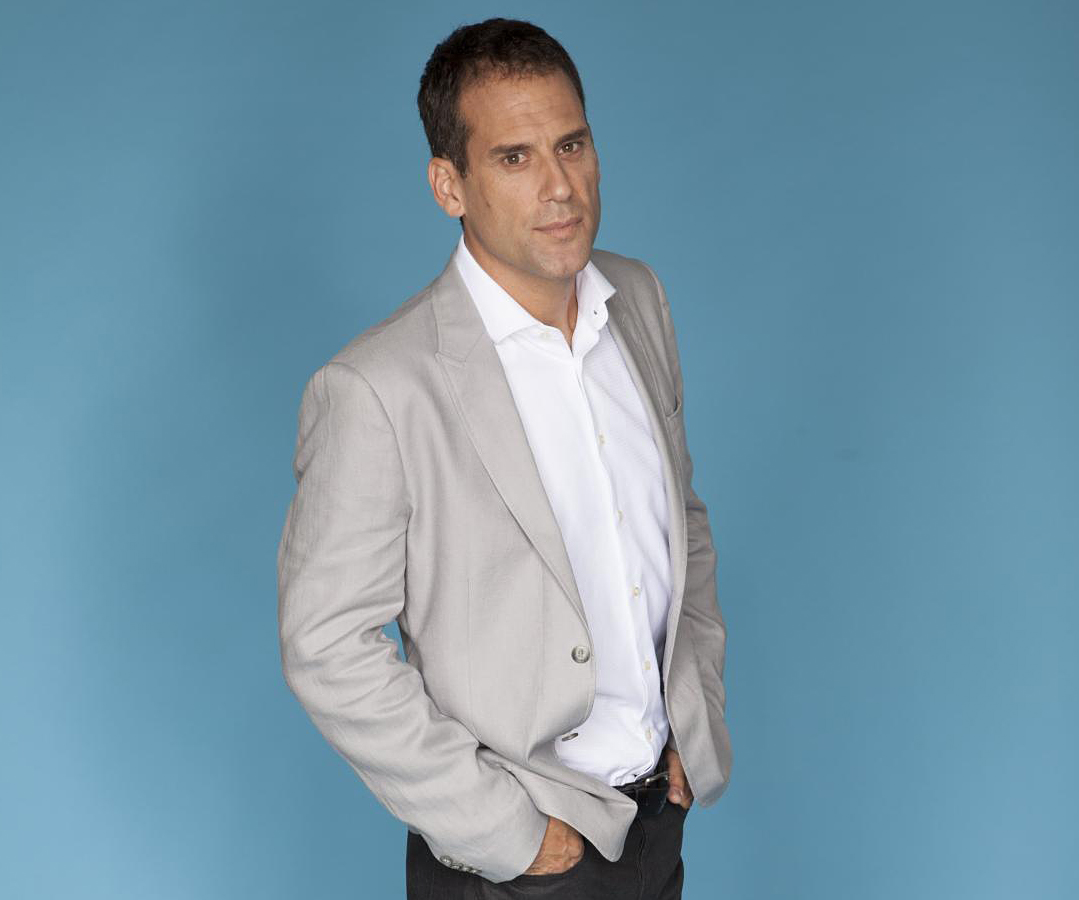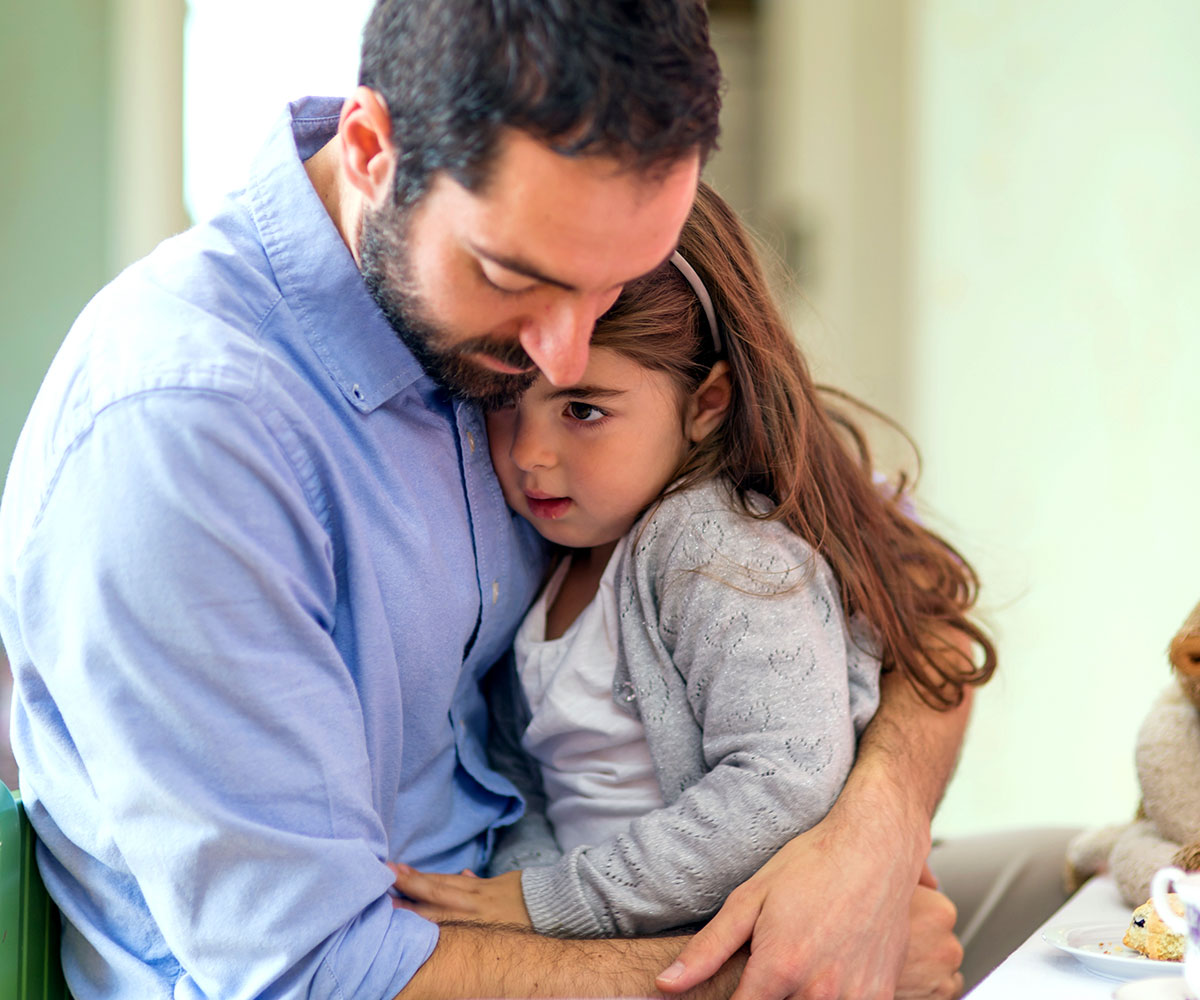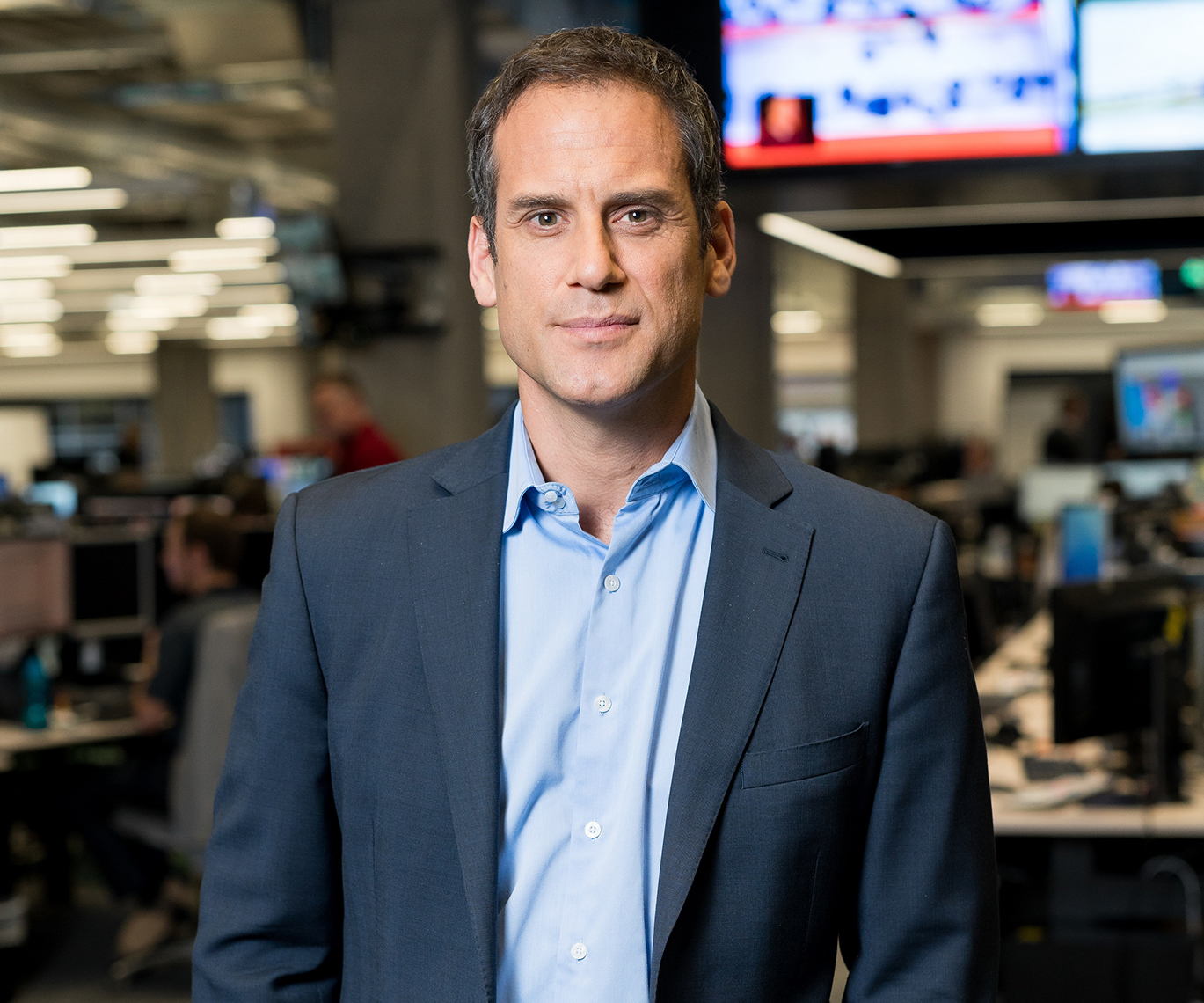When news of Greg Boyed’s sudden death reached my inbox yesterday it stopped me in my tracks.
I’ve worked in the media for a long time. When you’re dealing with heartbreaking stories on a daily basis you have to develop a thick skin. You quickly learn how to compartmentalise. Some might see that as heartless, but it’s a coping mechanism. It’s the only way you can get on and do your job and those who can’t manage that don’t tend to last very long in the industry.
Having worked more than seven years at a newspaper, I can’t count the number of shifts I’ve spent compiling faces of the dead in mass shootings, plane crashes, earthquakes or perhaps the worst –innocent children killed at the hands of their family members.
I’m usually pretty good at not letting that stuff affect me. At least until I get home. But yesterday was different. I didn’t know Greg. I can only imagine how it must feel for those who were close to him; his wife and children especially. But this time I was shaken, because it hit close to home.
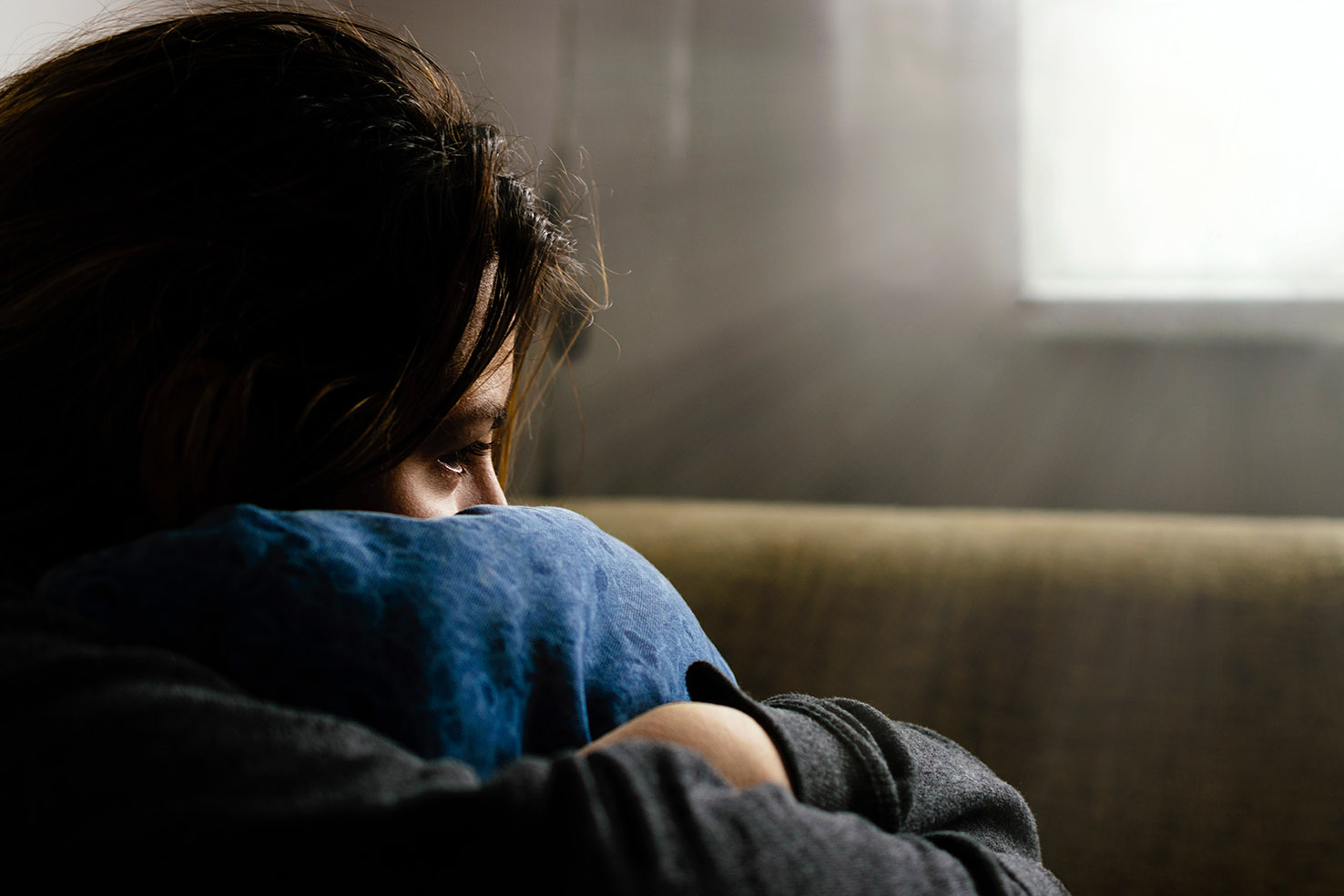
The statement released by his family revealed that Greg had been suffering from depression. It’s not an uncommon occurrence. One in six New Zealanders will be diagnosed with a form of mental illness at some point in their lives. That’s a pretty alarming figure, and there’s no telling how many more cases go undiagnosed.
I’ve seen a close friend battle with depression in the last 12 months. I was taken aback when she first told me what was going on. I’d noticed the sudden downward spiral in her moods. She became withdrawn, but I hadn’t realised the extent of it. We all go through ups and downs, right? But some people’s downs are much more severe that we could ever realise.
This friend was brave enough to seek immediate help. Regular counselling sessions and a year’s worth of medication saw her come out the other side. But others aren’t so lucky.
Last year I went to the funeral of some family friends. Yes, friends, plural. A mother and her 18-year-old daughter who died on train tracks in South Auckland.
Our two families were close when I was growing up but we’d lost touch over the years. It had been probably 12 years since I’d seen them, and what I learned about them during the service was remarkable. Both women were incredibly caring and sensitive souls and they devoted their time to helping others. The daughter was a youth leader. She campaigned to raise awareness around mental health issues for young people and was was on track for a career in politics, serving as a youth MP the year prior. Her mother worked tirelessly to help feed and clothe the homeless in South Auckland. They both dealt with tragic circumstances on a regular basis. And while we don’t know exactly what happened the night they died, the underlying suggestion at the funeral was that the grief they felt for others might have played a part.
All funerals are sad, of course, but I’d never been to one before that was so utterly heartbreaking. The room was never quiet – there was the constant sound of muffled crying. A slowed down acoustic version of ‘You are my sunshine’ played just before the coffins were carried out. My mum used to sing that to me when I was a child. It was one of my favourites. But it’s ruined for me now. I can’t hear that song anymore without it all coming back to me.
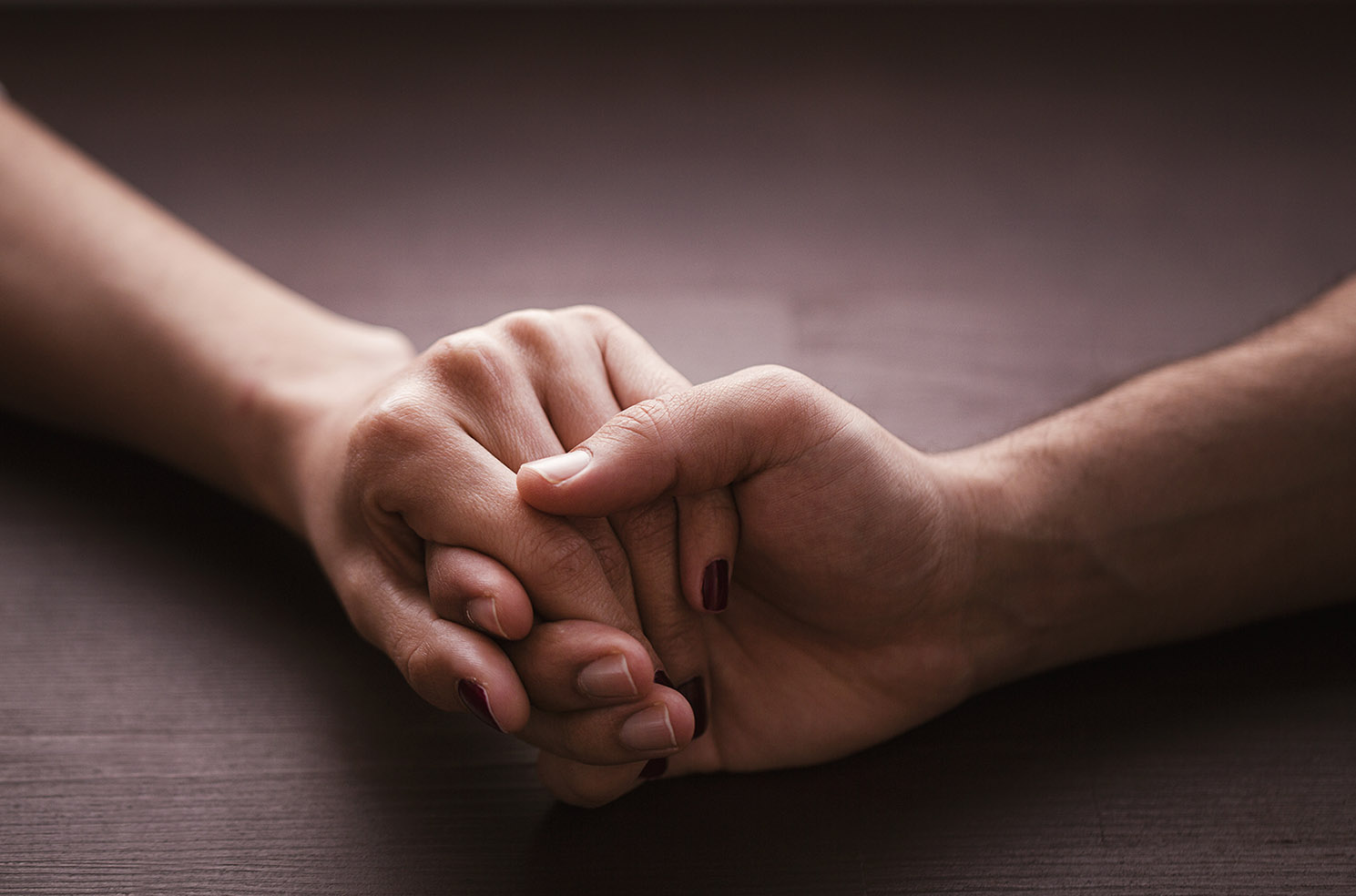
The year before that, a former colleague took his own life. I didn’t know him particularly well, our paths hadn’t crossed much, but he had always seemed like such a happy and upbeat guy. My dad knew him though. They’d worked together when they were young cadets and had kept in touch over the years, having the odd beer on occasion.
Michael’s world fell apart with the breakdown of a relationship. He sought help and was put on medication, but after one particularly bad episode he tried to saw off his own arm. It took a while for this news to filter through. As soon as my dad found out he visited Michael in hospital.
Dad tried his best to be there for him. Just simple things like trying to get him out and about. The last contact they had was Dad trying to organise for a blast in the car up Muriwai beach. But he never heard back from Michael. We found out soon after that he had taken his life.
Last year we lost a record number of people to suicide. The government is in the middle of an inquiry into mental health services in this country, but we can’t rely on the state to fix things. We need to take it upon ourselves to look out for those close to us. Or even those who aren’t close to us, for that matter. People in the throes of a mental illness often have the ability to put on a good front. You might never know what’s going on behind the scenes unless that person explicitly tells you. But if they do, understanding and patience is key.
Sometimes no matter how hard we try we might not be able to help a person who is suffering from depression. But if there’s anything we can take from the very public tragedy of Greg’s death its awareness. Awareness that it’s a problem. Awareness for those around us. And awareness for ourselves.
WHERE TO GET HELP
If you or someone you know is struggling with depression, call 0800 111 757 or text 4202 to talk to a trained Depression Helpline counsellor for free. For other mental health issues, call Lifeline on 0800 543 354, the Suicide Crisis Helpline on 0508 TAUTOKO or Youthline on 0800 376 633.
